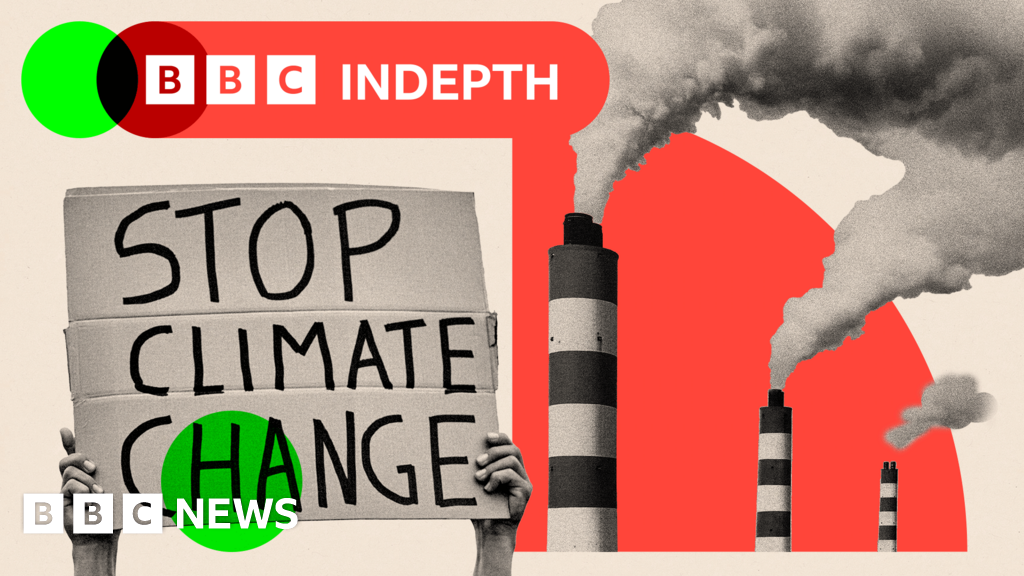Elon Musk embraces Donald Trump during a campaign rally in Butler, Pennsylvania on Oct. 5, 2024.
Anna Moneymaker | Getty Images
Elon Musk's relationship with Donald Trump has fueled expectations that he could soften the U.S. President-elect's policy stance toward Beijing, but experts caution against putting too much stock into the Tesla CEO.
The billionaire was one of Trump's top campaign donors and could reportedly get a cabinet or advisory role at the White House.
In the lead-up to the elections, their relationship had piqued Beijing's interest due to Musk's close ties to China, where his company, Tesla, runs a massive "gigafactory."
"There has been widespread curiosity in China the past few months about whether Musk could be the new Kissinger, helping broker a deal between Washington and Beijing," said Scott Kennedy, senior adviser and Trustee Chair in Chinese Business & Economics at the Center for Strategic and International Studies.
"Whether this is an ingenious insight that will help keep relations from imploding or part of an unrealistic soothing scenario Chinese want to tell themselves is hard to know at this point," he added.
U.S. diplomat Henry Kissinger, who passed away last year, is credited with normalizing relations between the U.S. and China, beginning with his first visit to Beijing in July 1971.
Kissinger was deeply respected in China and continued to meet with its leaders as an unofficial diplomat in efforts to promote warmer relations between the two countries. Just months before Kissinger died in November 2023, he met with Chinese President Xi Jinping in Beijing in July 2023.
Hopes that Musk could fill the hole left by Kissinger have arisen as he increasingly engages with high-ranking officials in China, where he established Tesla as the country's first wholly foreign-owned automaker in 2018.
The Tesla and SpaceX during his last visit in April met Chinese Premier Li Qiang, who cited Tesla as an example of successful trade cooperation between Beijing and Washington, according to state media.
Wang Yiwei, director of the institute of international relations at Renmin University, told CNBC that Musk is seen as a business person who understands both China and the U.S.
This could see him help push for some flexibility with or even cancellation of the strict tariff hikes Trump has threatened to place on China-made products, Wang said. He hoped Musk's work in manufacturing could enable a deal for Chinese companies to build factories in the U.S.
Musk has voiced concerns over tensions between the two countries and had criticized the Joe Biden administration when it raised tariffs on Chinese EVs to 100% earlier this year. The Biden administration has rolled out a raft of policies aimed at bringing manufacturers of high-end tech back to the U.S., many of which Trump is expected to uphold.
Businessman, not a diplomat
In order to make a real impact on U.S. policy, one businessman, even the richest in the world, will not be enough to improve relations the way Kissinger was once able, said Wang Huiyao, founder of the Beijing-based think tank Center for China and Globalization.
Instead, Wang said that a group of prominent business and thought leaders, including Elon Musk, Apple's Tim Cook and Blackstone Group's Stephen Schwarzman, can act as a "group of Kissingers."
They may not reach the same impact as Kissinger, given the more complex period, he said, though they could help stabilize relations.
Cook and Schwarzman also regularly visit leaders in China, where they are often highlighted by Beijing as examples of positive China-U.S. business and trade relations.
Dewardric McNeal, Longview Global managing director and senior policy analyst, told CNBC, "While it's true that China has occasionally used influential Americans as unofficial channels, it's a stretch to view Musk as a modern-day Kissinger."
For these "informal intermediaries," the primary obligation is to shareholders, not to national interests, he said, adding that active political involvement can lead to "conflicts of interest" and places the business leaders under intense scrutiny, if diplomacy fails.
During Trump's first term, China had already attempted to establish "back channels" with prominent American businessmen, including entrepreneur and real estate developer Steve Wynn, in hopes of influencing policy, McNeal said.
Such efforts appeared to have had little effect on Trump's approach to China and led to the Justice Department issuing a lawsuit that sought to register Wynn as a foreign agent over his alleged lobbying work on behalf of the Chinese government.
This time around, Trump has announced his intention to impose a blanket tariff ranging from 10% to 20% on all imports, along with additional tariffs of 60% to 100% on products imported from China.
"Musk might open certain doors, but none that hard-nosed committed diplomacy won't also open," said McNeal, adding that pinning diplomatic hopes on such a figure, whose primary allegiance is to his own ventures, could be a miscalculation.
"Musk's unpredictability and strong, sometimes controversial views don't necessarily align with either country's diplomatic or strategic interests."











 English (US) ·
English (US) ·